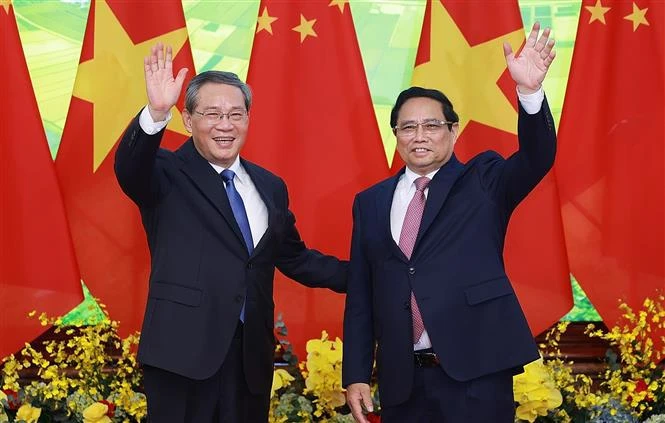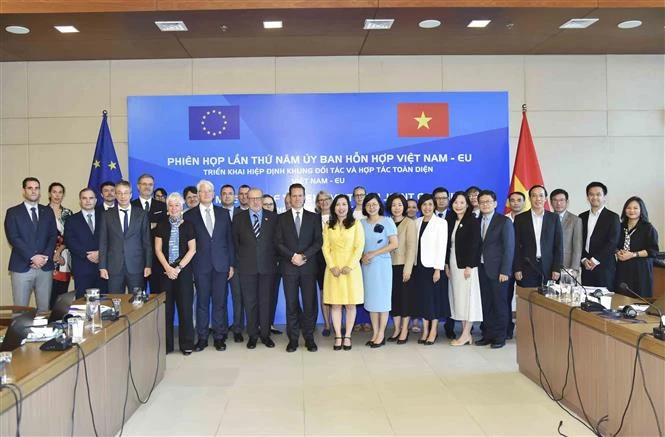
Delegates at the meeting (Photo: VNA)
Hang described the EU as one of Viet Nam's most important economic and development partners, highlighting that Vietnam always attaches importance to developing the comprehensive partnership and cooperation with the EU as well as relations with the bloc's member states.
She said the Viet Nam-EU relationship is growing dynamically with positive results, with the Joint Committee serving as an important and effective mechanism for coordinating bilateral cooperation across various areas.
Both sides agreed that political trust has been consolidated through the exchange of high-ranking delegations and the effective implementation of cooperation agreements and mechanisms.
The EU side spoke highly of Viet Nam's increasingly significant role and position in the region and at multilateral forums, affirming that Viet Nam is a priority partner of the EU in the Asia-Pacific.
It wished to elevate the bilateral relationship to a new height, continue assisting Viet Nam in implementing the Just Energy Transition Partnership (JETP), enhance collaboration in emerging areas such as clean technology, digital transformation, high technology, including semiconductor and artificial intelligence, raw materials and innovation, within the framework of regional cooperative initiatives like the EU’s Global Gateway Initiative.
The discussion covered a wide range of issues, including politics, national defence and security, trade and investment, sustainable development, environment and climate change, sustainable energy transition, support for Viet Nam in meeting the Carbon Border Adjustment Mechanism (CBAM) and the EU's Deforestation Regulation (EUDR), and sustainable transportation cooperation within the Global Gateway Initiative.
The two sides agreed to increase the exchange of delegations, especially those at high level, to mark the 35th anniversary of the diplomatic ties in 2025; broaden collaboration in national defence - security, agriculture and environment, as well as in new cooperation fields. They affirmed their commitment to actively work together to address existing regulatory issues and fully implement the EU-Viet Nam Free Trade Agreement (EVFTA).
The EU side provided updates on new policies and regulations under the European Green Deal, such as the CBAM, the EUDR, and the Corporate Sustainability Due Diligence Directive (CS3D), agreeing to support Viet Nam in meeting these requirements.
The Vietnamese and EU sides shared their perspectives and goals regarding international negotiations on the environment and biodiversity, aiming to promote joint efforts for sustainable global development.
Hang urged the EU to encourage the parliaments of certain member states to expedite the ratification of the EU-Viet Nam Investment Protection Agreement (EVIPA), acknowledge Viet Nam's efforts to fight illegal, unreported and unregulated (IUU) fishing toward lifting the yellow card warning on Vietnam's seafood exports.
She called for all possible support in terms of finance, technology, and human resources training to enable Viet Nam to effectively implement the JETP, including establishing a carbon credit market linked to the international market and launching projects related to green hydrogen.
The EU side reaffirmed its support and commitment to assisting Viet Nam in achieving its goal of net-zero emissions through the effective JETP implementation.
Both sides agreed on the need to continue promoting and lift their relationship to a new height, commensurate with their potential and standing.
On global and regional issues of shared concern, they underscored the importance of enhancing cooperation to address global challenges, including non-traditional security issues. They spoke highly of ASEAN’s centrality in regional architectures as well as Viet Nam’s role in stepping up cooperation within the framework of the ASEAN-EU strategic partnership.
According to them, it is necessary to de-escalate tension in hotspots and settle conflicts through peaceful means that take into account the legitimate interests of all parties involved.
On the recent security developments, they stressed the necessity of increasing dialogues and seeking peaceful solutions based on respect for international law and the United Nations Charter.
Regarding the East Sea issue, they expressed concern over recent developments and reaffirmed the importance of peace, stability, security, and freedom of navigation and overflight in the region. They stressed that all parties must adhere to international law, including the 1982 United Nations Convention on the Law of the Sea (UNCLOS), and affirmed their support for the early completion of an effective and substantive Code of Conduct in the East Sea (COC)./.
VNA



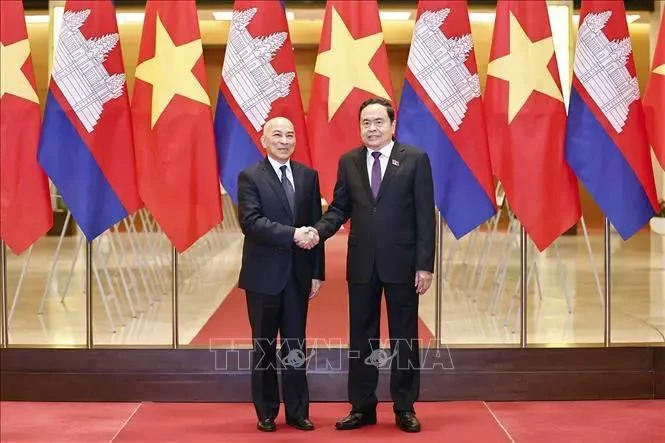

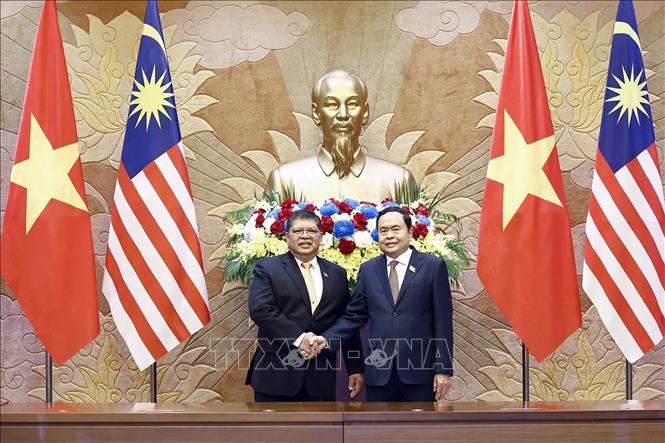
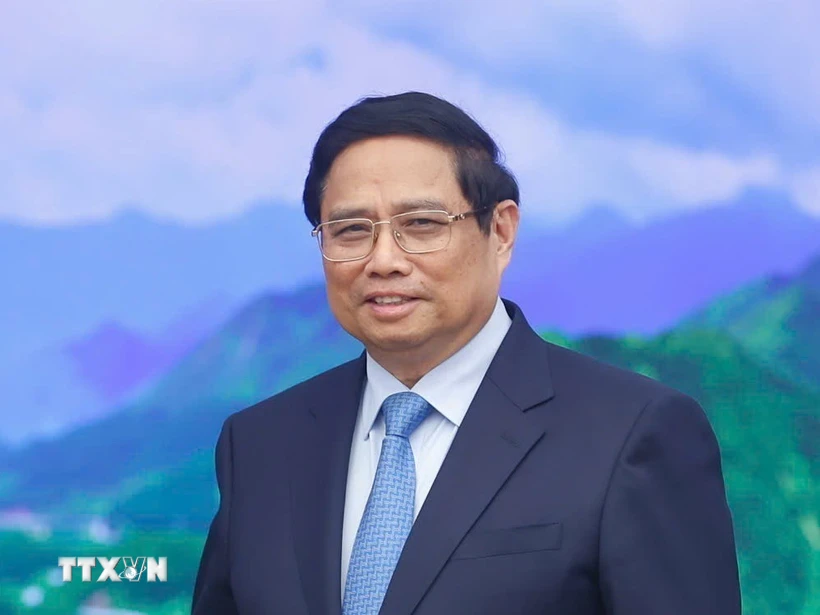
.webp)
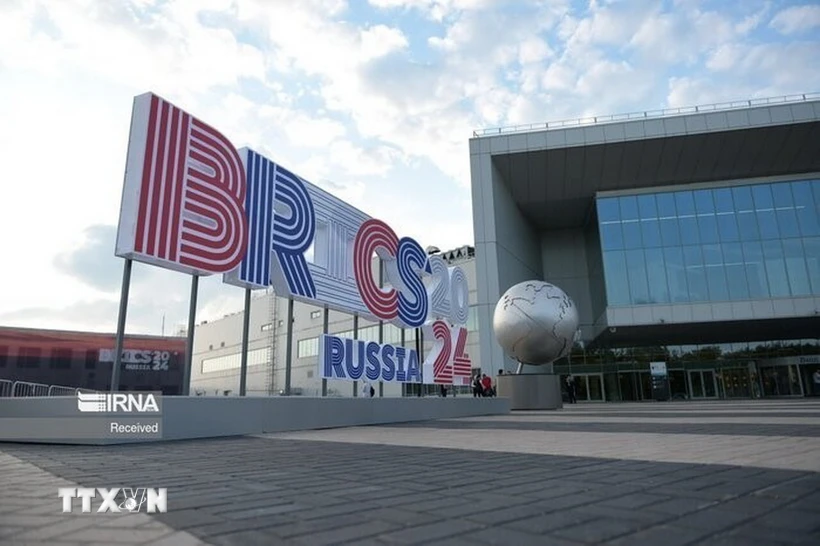
.webp)
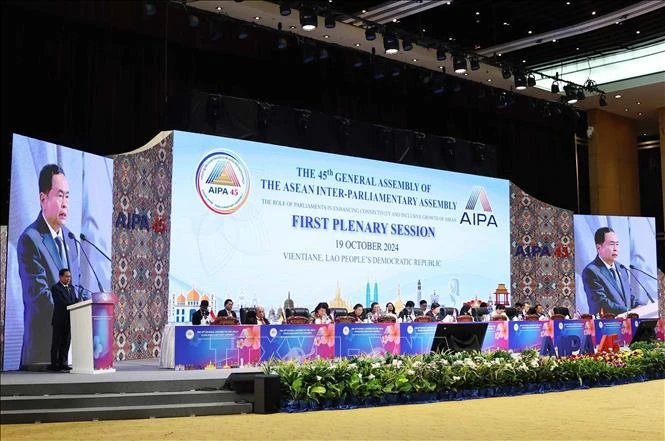
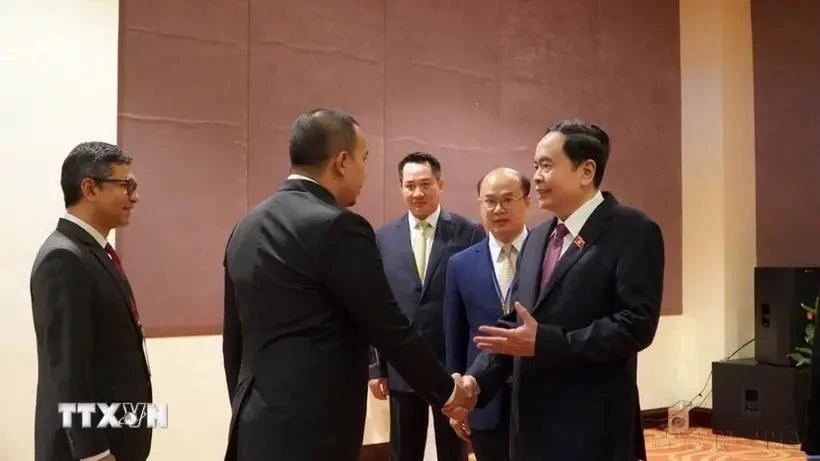
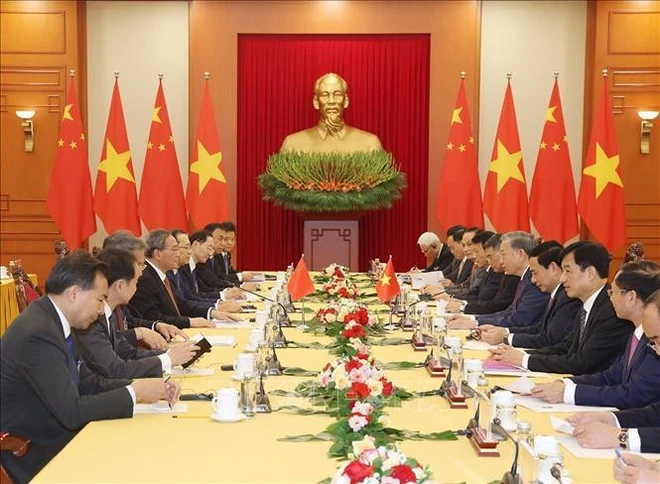
.webp)
